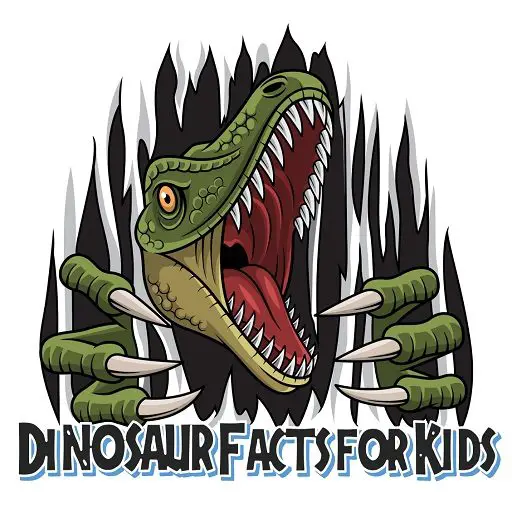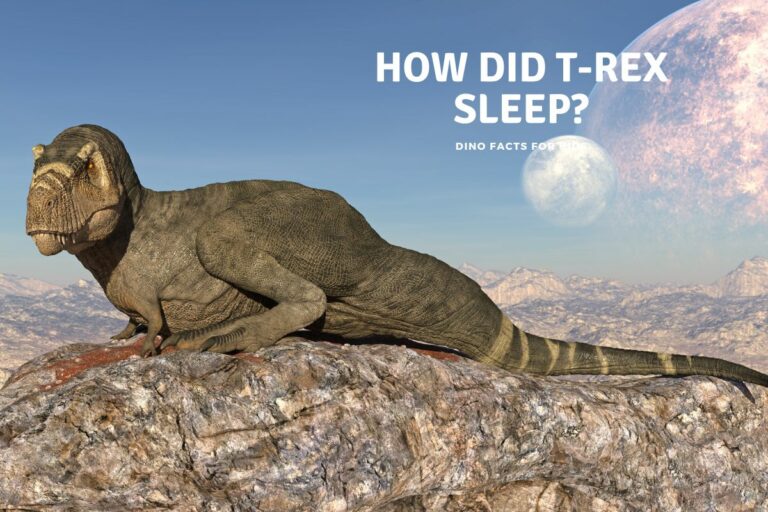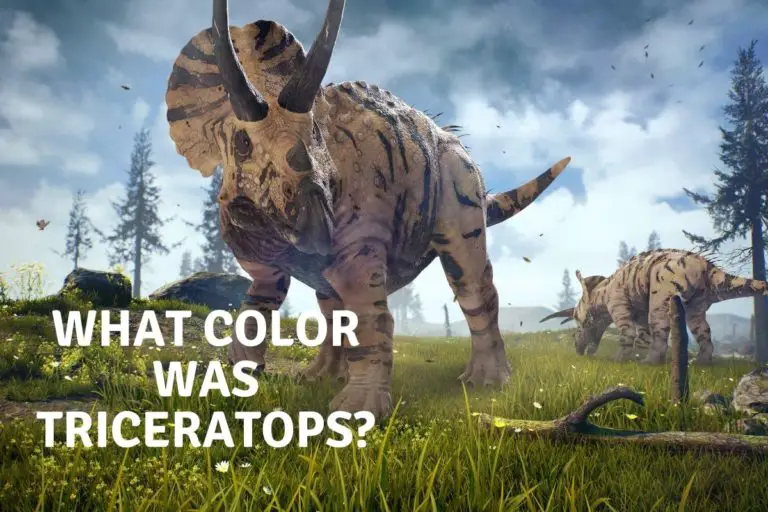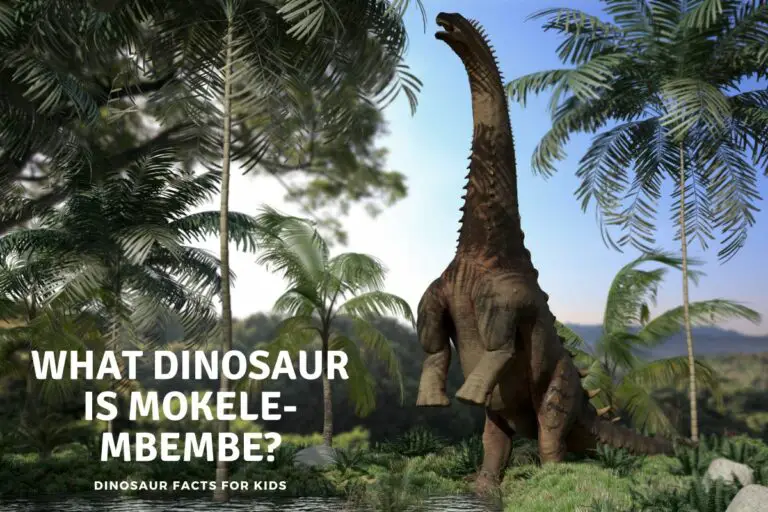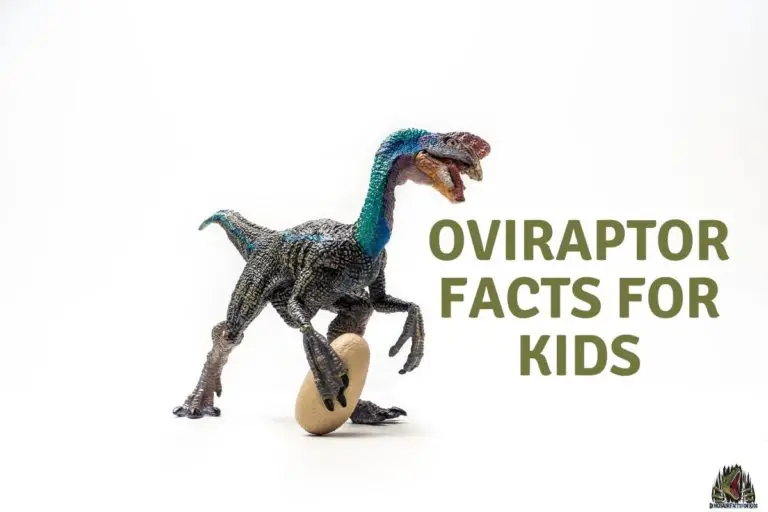Were Dinosaurs Smart?
In a previous article, we talked about the size and weight of a Tyrannosaurus rex brain and how it was the largest relative brain for a dinosaur of that type and size. We also mentioned how it is a common understanding that dinosaurs more generally were not well furnished in the brains department, especially the larger herbivore species.
Despite originally being thought of as having rudimentary intelligence, more recent research has shown that due to Nest site fidelity, Care for both pre and post-natal young, pack behavior, brain to size ratio and heightened senses some dinosaurs were, at a minimum, as intelligent as some modern bird species today.
But does all of this really mean that dinosaurs were not smart? What does “smart” even mean when we’re talking about a creature like a dinosaur? Would they have to be constructing skyscrapers, writing symphonies and creating electric light bulbs to be considered intelligent? In this article, we’re going to consider more carefully the question of just how smart dinosaurs were, if at all.
Did Dinosaurs Exhibit Intelligent Behavior?
For most of the 200 years since the first discovery of dinosaur remains, scientists have generally contended that these were brutish creatures, even cannibalistic and lacking in the basic intelligence or brain power needed to even care for their young.
All that changed in the 1970s and 1980s, however, when Jack Horner started to posit new theories about dino intelligence based on his research in the Maiasaura of Montana.
Maiasaura lived in the late Cretaceous Period some 77 million years ago, and Horner’s team were responsible for finding evidence showing they returned to the same nesting spot each year.
This, Horner argued, demonstrated at the was smart enough and at the very least had sufficient intelligence to remember a nesting spot to return to each year, and therefore an ability to appreciate locations for their favorable conditions.
Horner’s research also showed that Maiasaura nests were close together — about 7 meters apart in total, approximately 23 feet — which is behavior that we can also observe in modern bird species that nest communally because they like to be together.
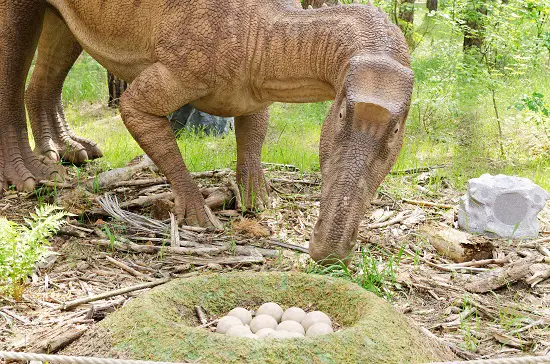
These beliefs haven’t stopped with Horner’s work, either. Since then, researchers studying early Jurassic sites in Patagonia, Argentina, have found that nurturing traits such as these go back much further than Maiasaura.
The Patagonia-based research team has been studying the fossilized remains of Mussaurus, an early relative of the Diplodocus. Mussaurus also showed signs of returning to the same site for nesting, a trait that is known as nest-site fidelity, and that the juvenile dinosaurs traveled with the adults in a herd for mutual protection.
Similar nesting sites have been unearthed in other parts of the world, too. It takes a certain level of intelligence to do that, and staying with your large relatives in those times was certainly the smart thing to do.
Understanding Dinosaur Intelligence
As we’ve mentioned, it’s easy, though not smart, to dismiss dinosaurs as dumb beasts when your definition of intelligence is very limited. What kind of things were used as indicators of intelligence for those scientists who study dinosaurs? This is an important question before we look deeper into the “smartest” dinosaurs that ever roamed the planet.
When looking at dinosaurs, scientists may consider evidence of any of the following behaviors as signs of relatively elevated intelligence (among others things):
- Nest-site fidelity (see above)
- Nurturing of young before and after hatching
- Hunting habits
- Physical traits – vision, hearing, smell, physiology
- Brain size relative to total weight
Rethinking Dinosaur Intelligence
In 2007, Alan Wiseman created a very powerful and persuasive reflection for humanity to ponder in his book “The World Without Us” in which he describes a world without humans. In his work, Wiseman reminds us of the relative speed at which all signs of human civilization could disappear and the Earth subsequently be taken back entirely by nature.
With this in mind, it becomes possible to conceive of intelligent or smart species and civilizations that existed before us but were wiped out by some kind of disaster or other fate.
Could the dinosaur population have contained such intelligent members? Could a dinosaur civilization have brought about its own destruction through technological advance, or through war? Could they have left this world in spacecraft to explore the universe, leaving their civilization to be reclaimed by the planet? Ok Probably not, but still dismissing them as mindless kill or be killed animals is perhaps to easy.
It all seems impossible, but Wiseman’s account of what would happen if humans disappeared, and the 65-million year or more gap that exists between us and the last dinosaurs to reside on Earth, becomes a little more imaginable at least.
For most of our time studying dinosaurs, and from our unearthing of their fossilized brain case, we have determined that they were essentially a small-brained and thus relatively unintelligent species that inhabited the Earth 250 to 66 million years ago.
It was the discovery of the link between dinosaurs and modern birds that first triggered a rethinking of dinosaur intelligence. Birds have small brains — they do need to be light enough to fly, after all — but many species have demonstrated impressive intelligence, such as crows and birds like the african parrot, as well as crows for that matter, have proven to actually be pretty smart, with the demonstration of problem solving intelligence.
Research has shown crows can recognize themselves in the mirror, use tools, and even recognize and remember the faces of humans. If birds are the evolutionary descendants of some dinosaurs — such as theropods — then couldn’t some dinosaurs also exhibit unique intelligence?
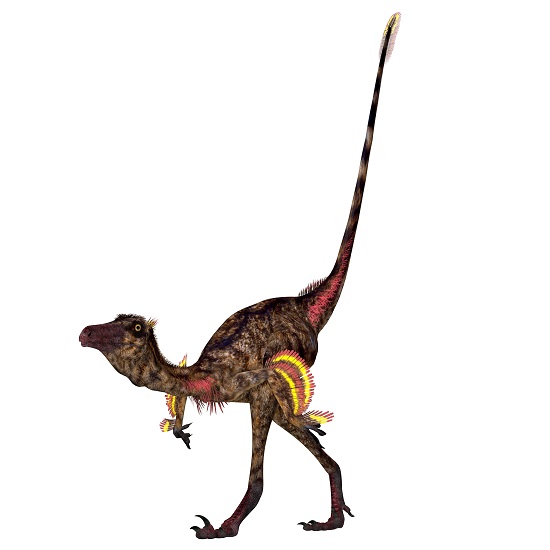
Troodon Formosus – The Smartest Dinosaur
Troodon Formosus is a member of the same evolutionary group — or clade — that modern birds belong to, and research into the species has shown it to be the likely contender for the “smartest dinosaur” award. Scientists have determined that Troodons used to have eggs in pairs, which they would then bury in earth and try to keep warm, sometimes even by sitting on them. This would be a clear connection to modern birds, and even Crocodilians.
Like the T-rex, Troodon also had a brain that was relatively large for a dinosaur its size. Just like with modern birds, scientists theorize now that Troodon’s brain, while small, contained tightly packed neurons similar to that of the modern crow, which is what afforded it greater intelligence than the pure size of its brain would suggest. Making it, as we discuss in the article linked here and below likely the most smart of all dinosaurs.
Since dinosaurs were much earlier on the evolutionary path than modern birds like crows, however, it stands to reason that their brains and intelligence were not as developed. However, when you factor in that crows have been documented as operating human-made machinery like water dispensers, it also stands to reason that, relatively speaking, the Troodon was capable of things other dinosaurs of its time were not.
Intelligence is relative, after all. The level of intelligence required to survive in those times was obviously less, but since Troodon also possessed dextrous claws and piercing eyesight, it is easy to see how it might also be able to observe other dinosaur behavior and adapt itself to make itself more deadly, more effective at surviving.
Other dinosaur species that researchers believe demonstrated above-average intelligence for their kind included:
- Deinonychus
- Compsognathus
- Tyrannosaurus rex
- Oviraptor
- Maiasaura
- Allosaurus
- Ornithomimus
- Tarchia
All of the above have shown some if not all of the factors that help judge intelligence in animals and as the study of how smart dinosaurs were is a relatively new branch of paleontology then it might be that both that list and our views on how intelligent dinosaurs actually were could well change in the future.
We have a couple more articles, and more to come, on the intelligence of dinosaurs overall, and of some specific ones, You can jump to these below if you need.
Conclusion
Although dinosaurs are, currently at least, not considered to intelligent or smart, when compared to modern primates or dolphins it is more recently considered that some at least may have had the intelligence of birds.
Whether that was as intelligent as the smartest of birds like members of the crow family or parrot family, the concept of relatively intelligent species of dinosaurs at least on a level with these species should not be dismissed out of hand.
Both those examples are certainly smart for birds, and if dinosaurs like Troodon, or other maniraptorans, or more broadly theropods shared this level of intelligence (which to be clear at this moment in time they are not) with both their size and this level of intelligence they would have been formidable animals and predators, which we can safely presume they were!
References
- https://www.sciencefocus.com/nature/why-didnt-dinosaurs-evolve-to-be-more-intelligent/
- https://www.nytimes.com/2016/04/27/insider/how-smart-is-a-smart-dinosaur.html
- https://iknowdino.com/maiasaura-episode-37/
- https://www.thoughtco.com/how-smart-were-dinosaurs-1091933
- https://scroll.in/article/1008363/new-evidence-confirms-dinosaurs-were-smart-caring-and-had-sophisticated-behaviour
Hi, I am Roy Ford a General Studies and English Teacher who has taught all over the world. What started as a fossil collection became a great way to teach, motivate and inspire students of all ages and all over the world about dinosaurs and from that and children’s love of dinosaurs came the site dinosaur facts for kids, a resource for all ages.
